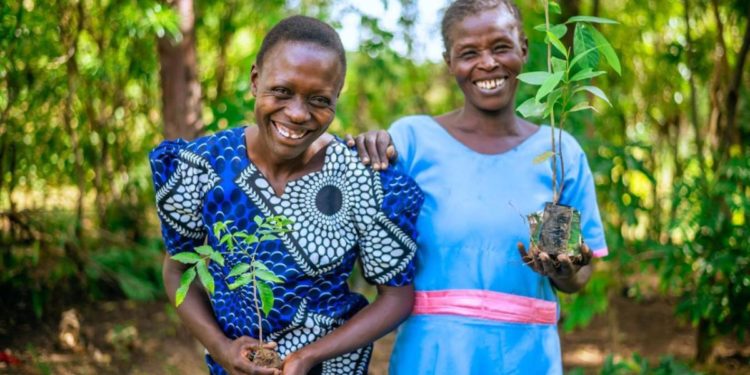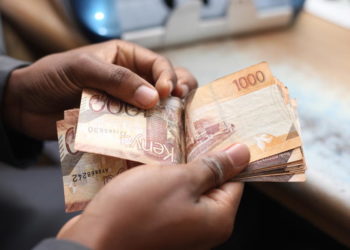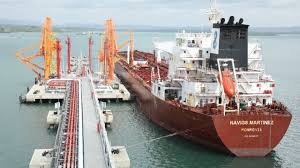The Ray C. Anderson Foundation’s NextGen Committee has granted $94,000 to Women’s Earth Alliance (WEA), aimed at elevating WEA’s Women in Forests programs in Indonesia and Kenya. This substantial grant seeks to enhance community-driven forest restoration and protection, amplifying the influence of grassroots and indigenous women leaders globally.
Through collaborations with local women-led NGOs, WEA develops programs equipping grassroots and indigenous women with the necessary skills, resources, and tools to enhance the impact of their land protection and climate resilience initiatives.
In Kenya, the focus shifts to the Kakamega Rainforest, the last tropical rainforest in the country. The grant funds will support reforestation efforts led by WEA and Women in Water and Natural Resource Conservation (WWANC), a local women-led NGO. Together, these organizations champion forest restoration and women’s involvement in community-led initiatives.
Women participating in the program are poised to lead tree nurseries and mentor others in forest management, ensuring the sustained rehabilitation and safeguarding of this vital ecosystem. By promoting women’s leadership, this initiative aims to cultivate community-wide support for long-term climate resilience measures, fostering unity and shared responsibility.
Melinda Kramer, WEA Co-Founder and Co-Director, expressed, “This grant will enable WEA to deepen our long-standing work to equip grassroots women in Kenya and Indonesia with skills and resources to excel as conservationists and land stewards. We are thrilled to partner with the Ray C. Anderson Foundation to build the capacity of grassroots forest protectors in these regions, and to support their initiatives to protect and regenerate degraded forests, sequester carbon, and create viable livelihood alternatives that reverse deforestation and promote long-term forest and community resilience.”
The Committee, consisting of Ray C. Anderson’s five grandchildren and their spouses, oversees grants and initiatives related to climate change mitigation and education. Since 2014, the Committee has played a crucial role in awarding over half a million dollars in such grants.
Established in 2006, WEA has spearheaded over 35,000 women-led environmental justice projects across 30 countries. Their impact spans various domains, including ensuring health, safety, and economic stability, as well as proliferating life-saving solutions like clean energy, reforestation, and waste management. WEA’s investment in grassroots women leaders enhances their capacity to scale solutions for a healthier and climate-resilient world.
















